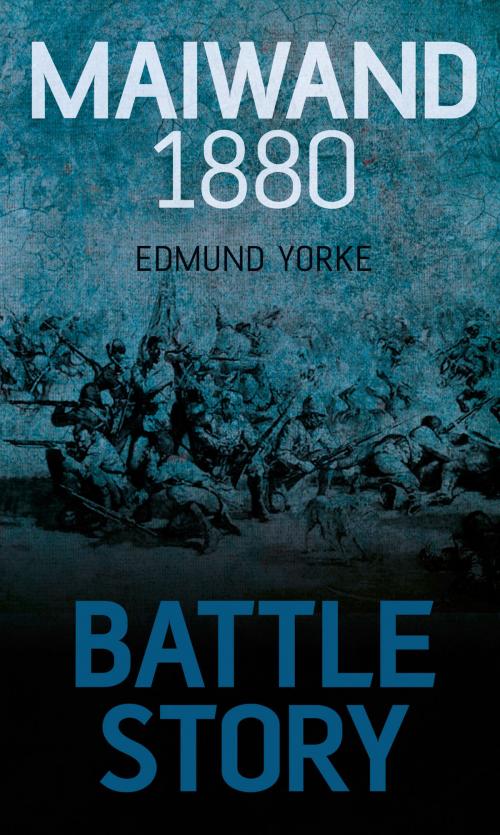| Author: | Edmund Yorke | ISBN: | 9780752492551 |
| Publisher: | The History Press | Publication: | March 1, 2013 |
| Imprint: | Spellmount Publishers Ltd | Language: | English |
| Author: | Edmund Yorke |
| ISBN: | 9780752492551 |
| Publisher: | The History Press |
| Publication: | March 1, 2013 |
| Imprint: | Spellmount Publishers Ltd |
| Language: | English |
A legendary victory of Afghan forces over the British ArmyThe battle of Maiwand was one of the most serious defeats of the British Army during the Great Game and one of the only times during the 19th century that an Asian force defeated a Western power. The battle commenced on July 27, 1880, as Afghan forces moved towards the Maiwand Pass in Afghanistan in attempt to cut British communications between Kabul and Kandahar. British spies spotted the enemy forces under the Afghan leader, Ayub Khan. In a disaster reminiscent of Isandlwana the previous year, the British underestimated the Afghan forces and ignored key intelligence, thus being forced to attack the Afghan forces at the village of Maiwand, with nearly 3,000 British troops to 8,500-15,000 Afghan warriors. British forces far outstripped the Afghans in firepower and were confident of a swift victory, yet Khan's command skills and tactical flexibility led him to deploy his troops in such a way that their swords and spears were able to overcome the British rifles. Nearly 1,000 British troops were killed, but the Afghans paid a heavy price for their victory, amassing more than 2,000 casualties. The battle taught the British that their military objectives in Afghanistan were difficult and costly to achieve, the defeat resounded throughout Victorian England.
A legendary victory of Afghan forces over the British ArmyThe battle of Maiwand was one of the most serious defeats of the British Army during the Great Game and one of the only times during the 19th century that an Asian force defeated a Western power. The battle commenced on July 27, 1880, as Afghan forces moved towards the Maiwand Pass in Afghanistan in attempt to cut British communications between Kabul and Kandahar. British spies spotted the enemy forces under the Afghan leader, Ayub Khan. In a disaster reminiscent of Isandlwana the previous year, the British underestimated the Afghan forces and ignored key intelligence, thus being forced to attack the Afghan forces at the village of Maiwand, with nearly 3,000 British troops to 8,500-15,000 Afghan warriors. British forces far outstripped the Afghans in firepower and were confident of a swift victory, yet Khan's command skills and tactical flexibility led him to deploy his troops in such a way that their swords and spears were able to overcome the British rifles. Nearly 1,000 British troops were killed, but the Afghans paid a heavy price for their victory, amassing more than 2,000 casualties. The battle taught the British that their military objectives in Afghanistan were difficult and costly to achieve, the defeat resounded throughout Victorian England.















